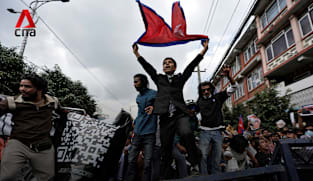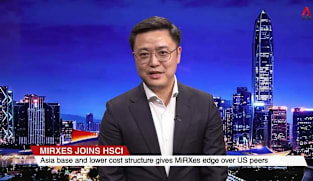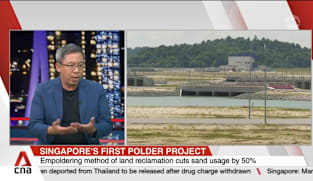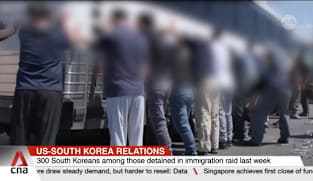Leong Mun Wai on Significant Investments Review Bill
There must be a whole-of-country approach towards ensuring the resilience of Singapore’s critical entities, said NCMP Leong Mun Wai. Speaking in Parliament on Tuesday (Jan 9), he said there must be a talent pipeline made up of a strong Singaporean core that is able to operate, manage and maintain key systems such as data centres and ICT infrastructure within critical entities. Singapore cannot rely excessively on outsourcing these key systems to other foreign countries to save costs, he said. Mr Leong also said Singapore must have a robust regulatory framework that enforces stiff penalties commensurate with the scale of the failure when these critical entities fall short on delivering essential services to the public. He said it is in Singapore’s national interests to provide essential services with minimal disruptions even in the absence of extreme situations, such as war and pandemic. Mr Leong told the House that his Progress Singapore Party (PSP) believes that Singapore does not need such “sweeping legal powers” under the amendment Bill to “control” significant and critical entities. Rather, it should focus on the resilience of such entities where the “Singaporean core is no longer overseeing and manning them”. PSP does not support the Bill in its current form, he said.
There must be a whole-of-country approach towards ensuring the resilience of Singapore’s critical entities, said NCMP Leong Mun Wai. Speaking in Parliament on Tuesday (Jan 9), he said there must be a talent pipeline made up of a strong Singaporean core that is able to operate, manage and maintain key systems such as data centres and ICT infrastructure within critical entities. Singapore cannot rely excessively on outsourcing these key systems to other foreign countries to save costs, he said. Mr Leong also said Singapore must have a robust regulatory framework that enforces stiff penalties commensurate with the scale of the failure when these critical entities fall short on delivering essential services to the public. He said it is in Singapore’s national interests to provide essential services with minimal disruptions even in the absence of extreme situations, such as war and pandemic. Mr Leong told the House that his Progress Singapore Party (PSP) believes that Singapore does not need such “sweeping legal powers” under the amendment Bill to “control” significant and critical entities. Rather, it should focus on the resilience of such entities where the “Singaporean core is no longer overseeing and manning them”. PSP does not support the Bill in its current form, he said.



















